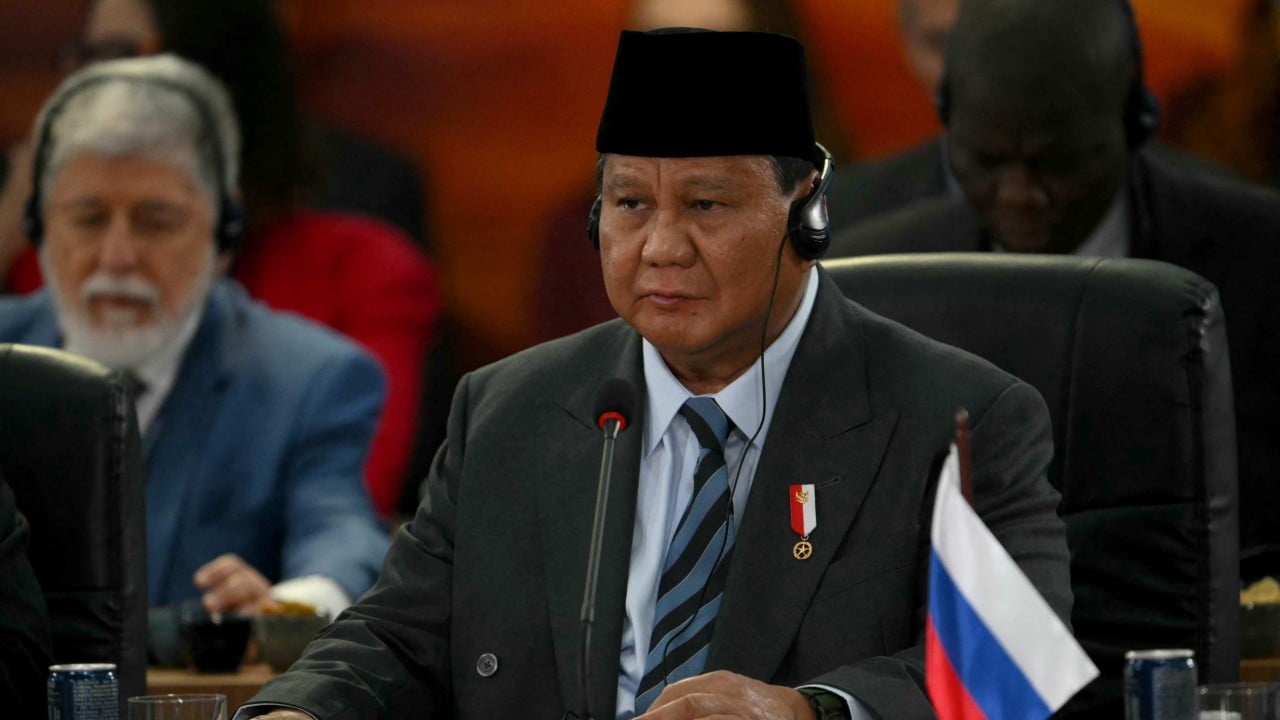This month’s Brics summit in Rio de Janeiro, Brazil, marked a pivotal moment that reflects shifting global power dynamics. By consolidating into a stronger multipolar bloc, emerging economies are effectively challenging the long-standing dominance of a Western-led order.
Advertisement
Brics released a joint statement, criticising unilateral tariffs and non-tariff measures that disrupt global trade. The statement called for reforms of institutions such as the International Monetary Fund and the World Bank. Brics leaders also condemned recent attacks on Iran, albeit without naming the US and Israel.
Nonetheless, the US has responded with confrontational threats, including the potential use of tariffs. On his Truth Social account, US President Donald Trump declared that, “Any Country aligning themselves with the Anti-American policies of BRICS, will be charged an ADDITIONAL 10% Tariff”, emphasising that there would be no exceptions.
Trump not only threatened a 10 per cent tariff on Brics members but also sent a letter to Indonesian President Prabowo Subianto threatening to impose a 32 per cent tariff on all Indonesian exports starting on August 1. Trump justified the threat based on the US’ trade imbalance with Indonesia, the latest full member of Brics.
In the letter, Trump stated the tariffs could be reconsidered if Indonesia agreed to establish manufacturing operations in the US.
Advertisement
This not only intensifies tensions between Washington and Brics, but also puts countries like Indonesia under significant pressure. Jakarta now faces the challenge of balancing geopolitical independence with the short-term interests of trade and investment.

